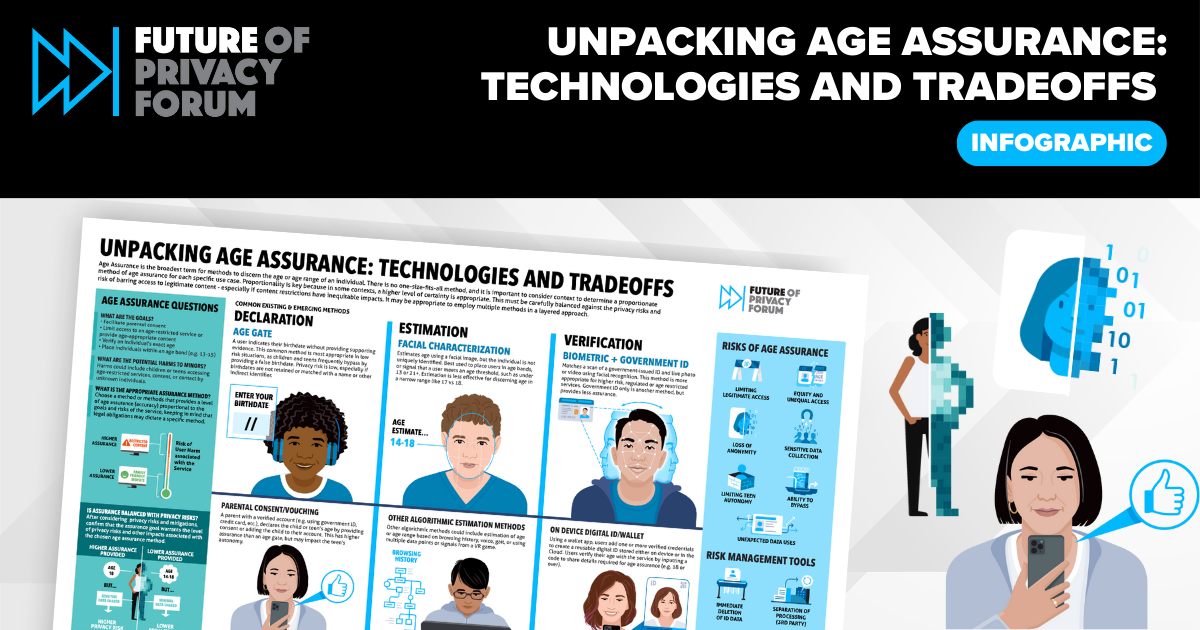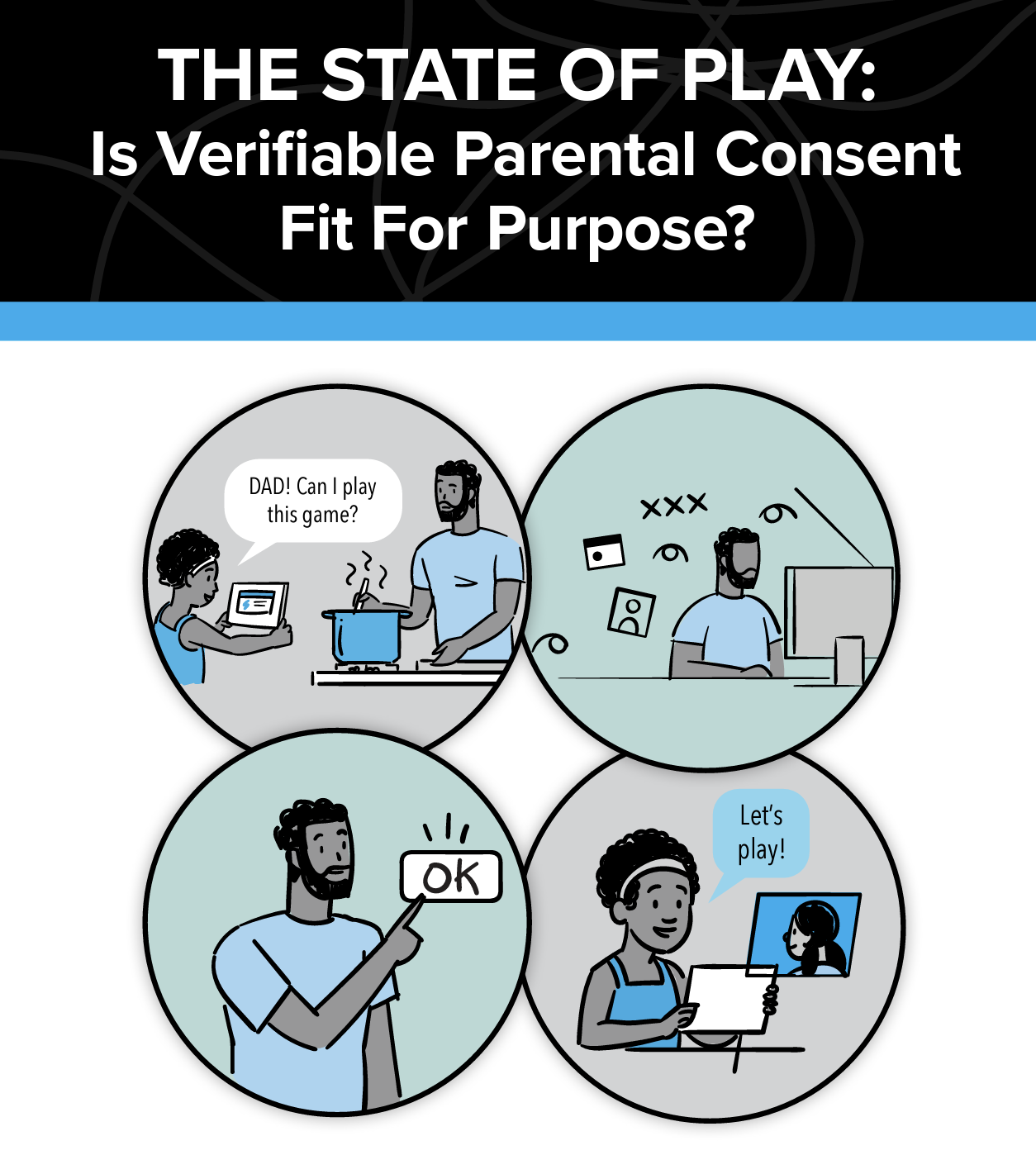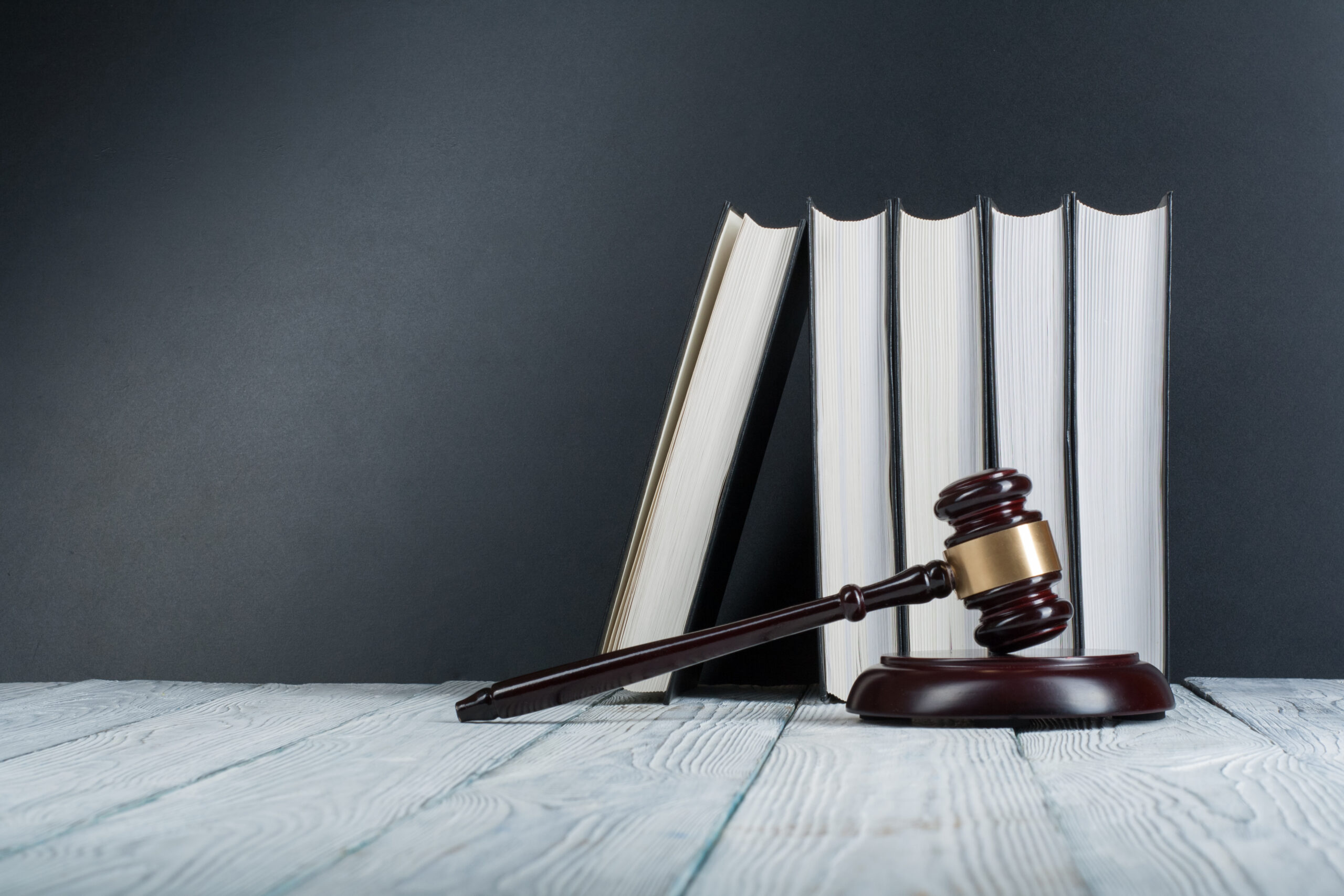
New FPF Infographic Analyzes Age Assurance Technology & Privacy Tradeoffs
As a growing number of federal and state children’s online privacy and safety proposals seek to age-restrict social media and other online experiences, FPF released a new infographic, Unpacking Age Assurance: Technologies and Tradeoffs. The infographic analyzes the risks and potential harms associated with attempting to discern someone’s age online, as well as potential mitigation […]

Unveiling China’s Generative AI Regulation
Authors: Yirong Sun and Jingxian Zeng The following is a guest post to the FPF blog by Yirong Sun, research fellow at the New York University School of Law Guarini Institute for Global Legal Studies at NYU School of Law: Global Law & Tech and Jingxian Zeng, research fellow at the University of Hong Kong […]

FPF Releases Report on Verifiable Parental Consent
Today, FPF released a new report on the effectiveness of a key federal children’s privacy requirement known as verifiable parental consent (VPC). The Children’s Online Privacy and Protection Act (COPPA) requires operators of child-directed services to provide parents with detailed, direct notice and obtain parents’ affirmative express consent – verifiable parental consent – before collecting […]

Connecticut Shows You Can Have It All
On June 3rd, Connecticut Senate Bill 3 (SB 3), an “Act Concerning Online Privacy, Data and Safety Protections,” cleared the state legislature following unanimous votes in the House and Senate. If enacted by Governor Lamont, SB 3 will amend the Connecticut Data Privacy Act (CTDPA) to create new rights and protections for consumer health data […]

AI Verify: Singapore’s AI Governance Testing Initiative Explained
In recent months, global interest in AI governance and regulation has expanded dramatically. Many identify a need for new governance and regulatory structures in response to the impressive capabilities of generative AI systems, such as OpenAI’s ChatGPT and DALL-E, Google’s Bard, Stable Diffusion, and more. While much of this attention focuses on the upcoming EU […]

Optum & The Mayo Clinic Win the 2022 Award for Research Data Stewardship
Author: Randy Cantz, U.S. Policy Intern, Ethics and Data in Research and former Communications Intern at FPF On Wednesday, May 10, 2023, the Future of Privacy Forum (FPF) honored representatives from Optum and the Mayo Clinic for their outstanding corporate-academic research data-sharing partnership at the 3rd annual Awards for Research Data Stewardship. The awards honor […]

What to Expect from the Review of Australia’s Privacy Act
The author thanks Anna Johnston and Alex Kotova (Salinger Privacy) for their review and comments and Gabriela Zanfir-Fortuna, Josh Lee Kok Thong, Lee Matheson, and Isabella Perera (FPF) for their support with editing this post. On February 16, 2023, Australia’s Attorney-General’s Department (AGD) released a final report (Review Report) on its multi-year review of Australia’s […]

Shining a Light on the Florida Digital Bill of Rights
On May 4, 2023, the Florida ‘Digital Bill of Rights’ (SB 262) cleared the state legislature and now heads to the desk of the Governor for signature. SB 262 bears many similarities to the Washington Privacy Act and its progeny (specifically the Texas Data Privacy and Security Act). However, SB 262 is unique given its […]

Vietnam’s Personal Data Protection Decree: Overview, Key Takeaways, and Context
Author: Kat MH Hille The following is a guest post to the FPF blog from Kat MH Hille, an attorney with expertise in corporate, aviation, and data protection law. She graduated with a J.D. from the University of Iowa, School of Law, and has extensive experience practicing law in both the United States and Vietnam […]

Analysis of a Decade of Israeli Judicial Decisions Related to Data Protection (2012-2022)
Adv. Rivki Dvash with the assistance of Mr. Guy Zomer1 Background The Future of Privacy Forum’s office in Tel Aviv (Israel Technology Policy Institute – ITPI) sought to examine the judicial decisions in civil actions under Israel’s Privacy Law, which includes rules that regulate data protection. We examined the extent to which the general public […]
